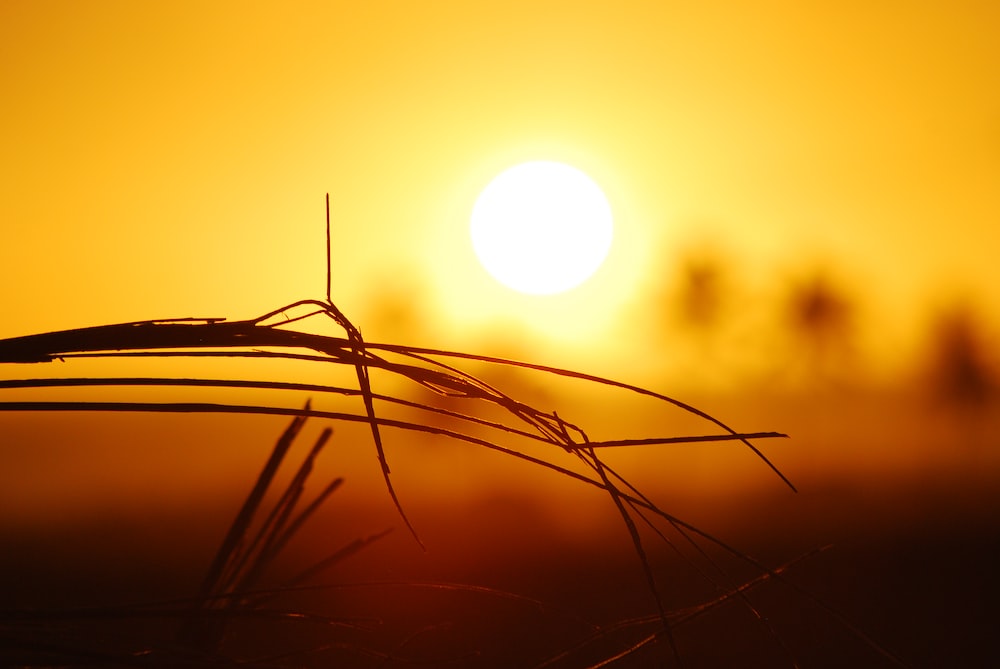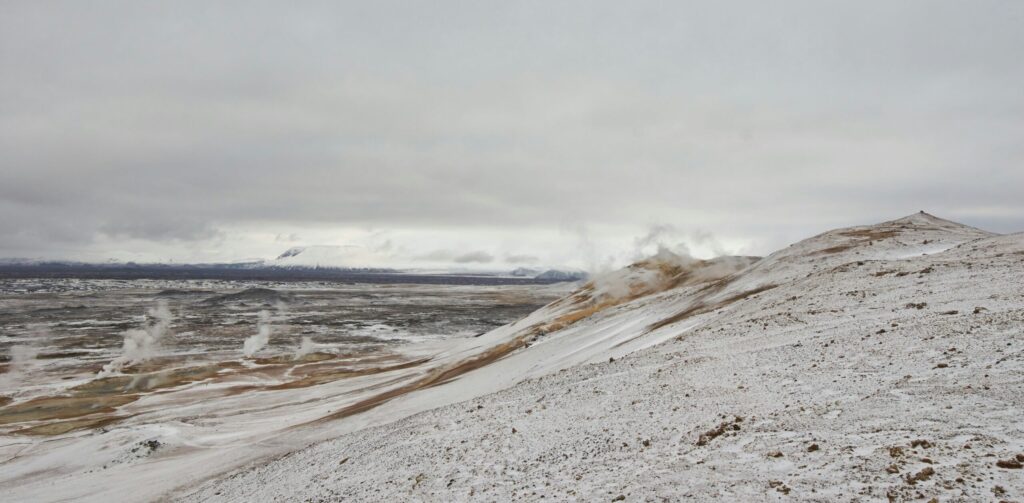Australia’s ABC made a big deal out of hot weather in summer, which of course it now is south of the equator, predicting grassfires and heat-related illness during the Christmas break. But an alert reader draws our attention to this item buried in the ABC piece: “Not only has it [2022] been Sydney’s wettest year on record but also the only year since data collection began in 1858 without one day above 32C.” Strange weather we’re having. Just as we’ve now been told 2022 was secretly hotter than the hottest thing ever or fourth anyway or eighth or something, in Europe (warming faster than the rest of the world of all things), in October and so on.
BTW that ABC story, from Dec. 22, said “Relief will arrive for South Australia and Victoria in the form of cool southerly winds around December 28, although this far out it would be a futile exercise trying to predict the exact timing of the change.” If on the other hand you showed them a study of the weather in 2100 due to human evilness they would take it as solid.
As for the American situation, U.S. meteorologist Chris Martz commented that “I dug into the data. Turns out that the first eight days of January 2023 are the warmest east of the Mississippi River since 1907.” But warmest since 1907 is not warmest ever, or even warmest on the instrument record. As Martz added, “January 1950 was even warmer, but only along the east coast. Bottom line? This isn’t unprecedented. History shows it has occurred before.”
Meanwhile a photographer pounced on a break in the harsh conditions in Montreal to assure us that “Climate crisis? Yes! Something is definitely wrong when this no winter kind of temperature prevails in #Montreal in January”. And other sources assured us it’s also secretly been warm in Ottawa although frankly it mostly just looks like the usual variability.
Also, the news that huge numbers of Canadians are struggling to pay their heating bills suggests that it’s not unpleasantly warm:
“More than a fifth of Canadians say the cost of home heating has now become a ‘significant financial burden,’ says in-house federal research. The majority of homeowners who heat with natural gas have seen rates nearly double from last winter.”
So what about Europe? Well, the New York Times “Climate Forward” has the good sense to see an upside to warmth:
“Winter is trolling the Kremlin. If Vladimir Putin thought he could freeze out Ukraine’s allies by cutting off the cheap Russian gas that Europeans have used to heat their homes, Mother Nature seems to have had other plans. The first half of this winter has been exceptionally warm across much of the continent. That has reduced the demand for gas for home heating and kept reserves in surprisingly good shape.”
This sentiment didn’t stop other outlets, for instance Time, from reporting in late December that “Russian missiles hit Ukraine Thursday in the biggest wave of strikes in weeks, damaging power stations and other critical infrastructure during freezing winter weather.” And Austria’s defence minister chided Europeans for not being ready for blackouts lasting four days or longer during winter, as if it were not the fault of governments who had created a wobbly grid by dreaming green dreams. (And yes, it is good to be prepared, against both inclement weather and incompetent government, as both have been with us from time immemorial.)
The Washington Post, meanwhile, covered its bases by labeling one day’s letters section “The Christmas storm shows that we have to change our ways” because, someone claimed:
“Buffalo is a city that knows how to handle snow, but it was hit with ‘a once-in-a-generation’ storm that killed dozens of people. I don’t think it will be ‘once.’ This is climate change. We have to change our ways or this disaster will be repeated many times.”
So warm or cold, snowy or dry, it’s climate catastrophe in your face. Thus “Climate Forward” insisted that warm weather was a disaster even if it was good:
“Jan. 1 was warmer than any January day since daily temperature records began in 1940, according to the Copernicus Climate Change Service, a group of climate researchers supported by the European Union. That fits a distinct warming trend: 2022 was Europe’s second-hottest year on record, after 2020, Copernicus announced on Tuesday. The summer of 2022 was Europe’s hottest ever. Fall was Europe’s third-hottest. Winters are steadily getting milder too, especially in the colder, more northerly parts of Europe… The fingerprints of climate change are unmistakable. The last eight years have been the eight hottest years on record. Climate change is risky for Russia too, by the way. It is warming faster than the global average. That’s melting permafrost in some areas and — wait for this — threatening some of its oil and gas infrastructure.”
Why’s it bad? “The one certainty in the era of climate change is that we are in an age of extreme weather.” And if they got that wrong, do you really trust their stuff from Copernicus, an unbiased collection of professional scaremongers? Plus their take on extremes is that “as the International Energy Agency put it in a recent report that urged Europeans to accelerate energy efficiency and the deployment of renewables, ‘There is no guarantee that temperatures will be as forgiving for the remainder of the winter, or for 2023 as a whole.’”
Naturally a report cautioning about the possible return of cold weather also urges people to turn to renewables which have a tendency to fail and leave people without power during winter storms. This is government we’re talking about.
Climate Home News took a similar stand:
“An unusually mild winter is not as dramatic as a heatwave. It’s quite handy when you’re trying to defeat Vladimir Putin’s energy blackmail. Europe’s gas crunch is less painful than feared…. But it’s my solemn duty to inform you that global heating is still a problem. 2022 was the warmest year on record for the UK, again, and in the top 10 globally. And so we get back to work.”
David Whitehouse argues that these numbers are not reliable. Rather, he says, of “the usual proviso that the past nine years were the warmest recorded” that “anyone thinking about the claims and numbers should also look behind the headlines.” If they do:
“What is quite apparent is that the global temperature record in the 21st century spends long periods relatively flat. The so-called hiatus, for instance, lasted from circa 2001 and 2013 and was ended by a very strong El Niño. Since then there has been another period of relatively unchanging temperature. Noticeable increases in temperature occur in the lead-in to an El Niño, such as the increase of approx. 0.3°C between 2011-2015…. Of course no one knows how long the current stagnation will continue…. If there is another El Niño in 2024 then a new global record will almost certainly result.”
And there’s something else:
“Looking at the distribution of recent warming the dominance of the arctic is obvious. It almost leads one to suggest that the phrase global warming should be replaced by arctic warming!”
Except it wouldn’t be very scary. It would almost sound good.



"Since then there has been another period of relatively unchanging temperature"
Hmm, nearly 10 years. All the while the so-called greenhouse gases have been steadily increasing (carbon dioxide (CO 2 ), methane (CH 4 ), nitrous oxide (N 2 O) and ozone (O 3).) Water vapor has probably been increasing as well if it was possible to accurately measure atmospheric levels. Could it be that CO2 is not as significant to warming as is believed by some?
I searched the ABC News website in vain for the article at the top of this report. Can you give a reference for it please.
There are two likely explanations for nonsense like this that CDN covers every week: either the climate opinion-leaders are really, really stupid; or else they are clever at cherry-picking, double-speaking, and memory-holing. The principle of charity compels me to choose the latter explanation, because I simply can't credit that opinion leaders in the climate industry have been selected for their abject stupidity. The leaders actually do want people to believe it, after all. So, if the obvious errors that CDN keeps exposing week after week are the product of deliberate cherry-picking, double-speaking, and memory-holing, then there is a whole lot of hoaxing going on in the climate industry. Clever cherry-picking, double-speaking, and memory-holing are forms of malicious deception, which is the very definition of a hoax. Stop resisting this conclusion, CDN; it makes you look silly, rather than magnanimous.
[…] to media reports, 2022 was the Hottest coldest driest wettest year ever (link) […]